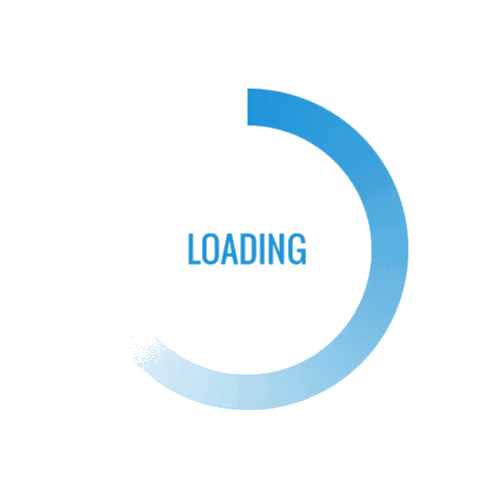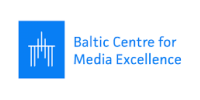Media Literacy
Useful materials
-
Empower Educators
-
Conducting a Training Course on Creating Digital Safety Games for Teachers In Russian-speaking Schools
-
Handbook: DigiÄKK Games
-
EDMO Guidelines for Effective Media Literacy Initiatives
-
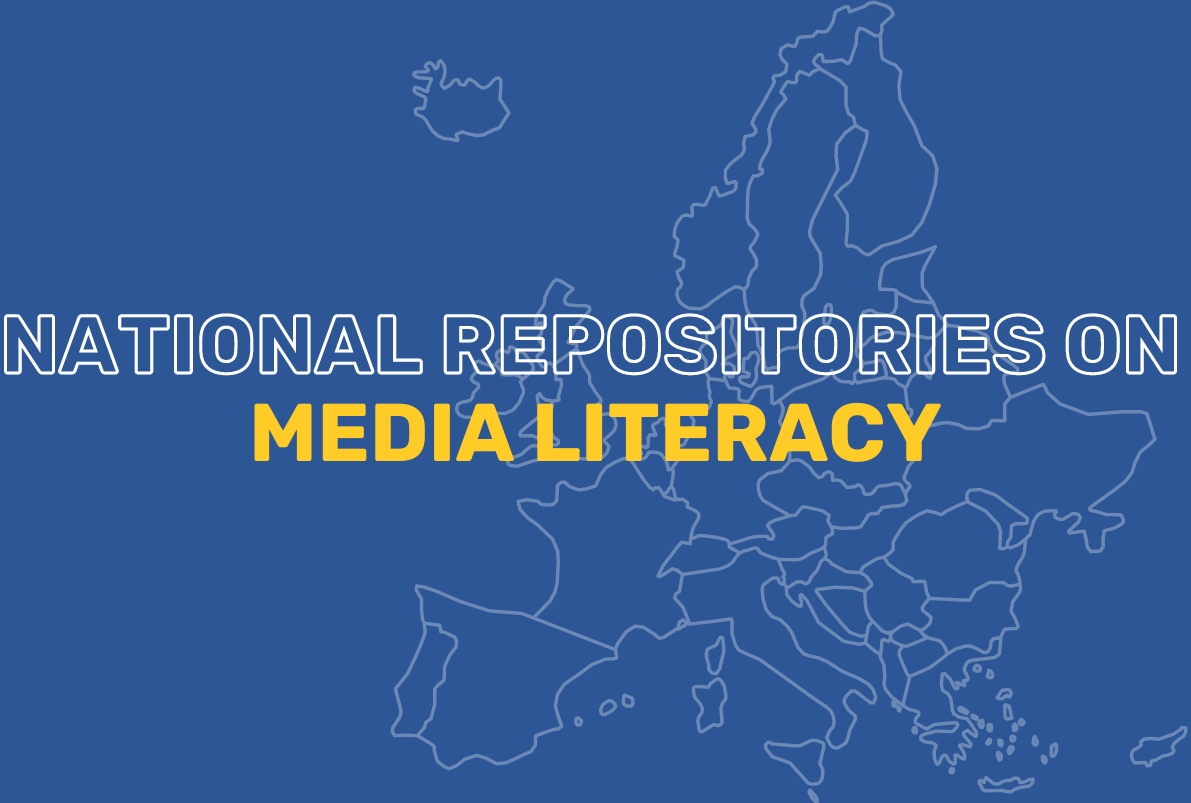
National Repositories on Media Literacy: EDMO Resource
-
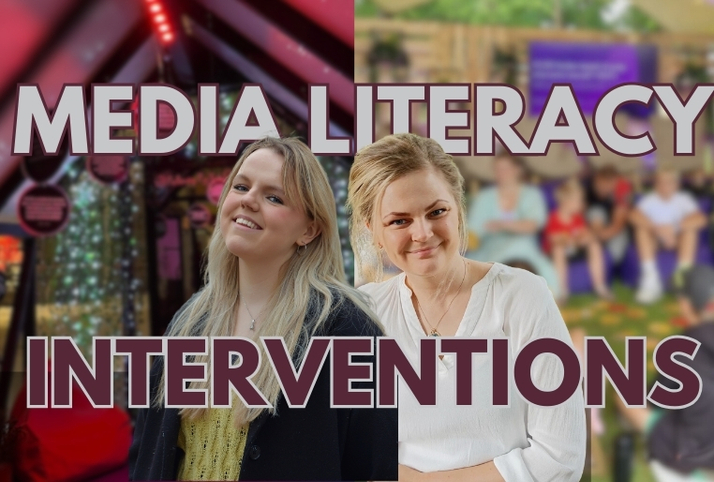
Using Pracademic Approaches to Advance Digital Media Literacies
Useful materials
-
Creation of a dictionary of children’s and youth’s internet language
-
Empower Educators
-
Ideas for teaching media literacy in primary education
-
Conducting a Training Course on Creating Digital Safety Games for Teachers In Russian-speaking Schools
-
Handbook: DigiÄKK Games
-
EDMO Guidelines for Effective Media Literacy Initiatives
-

National Repositories on Media Literacy: EDMO Resource
-

Using Pracademic Approaches to Advance Digital Media Literacies
Useful materials
-
Creation of a dictionary of children’s and youth’s internet language
-
Empower Educators
-
Ideas for teaching media literacy in primary education
-
Conducting a Training Course on Creating Digital Safety Games for Teachers In Russian-speaking Schools
-
Unlock the DIGIRES Handbook: A Creative Guide to Mastering Media & Information Literacy
-
EDMO Guidelines for Effective Media Literacy Initiatives
-

National Repositories on Media Literacy: EDMO Resource
-

Using Pracademic Approaches to Advance Digital Media Literacies
-

Teacher’s resource – scam deconstruction aid materials
-
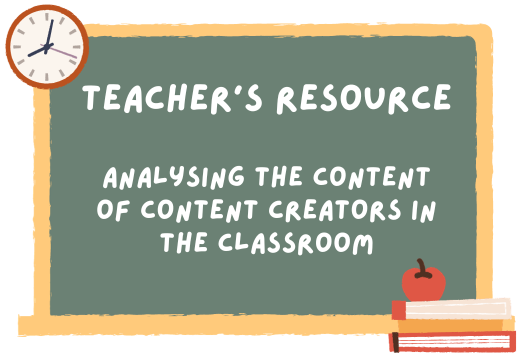
Analysing the content of content creators in the classroom
-

Teaching Media Literacy Through Podcasting
-
TIPS FOR USERS TO DETECT AI-GENERATED CONTENT
-
Media Literacy School Programme for Grades 7–9
Useful materials
-
Creation of a dictionary of children’s and youth’s internet language
-
Webinar “How are boys radicalized on social media?”
-
Addressing misogyny and gender roles with young people
-
MIL in the MAIL Project: An Intervention for Developing Young People’s Digital Literacy
-
Empower Educators
-
Conducting a Training Course on Creating Digital Safety Games for Teachers In Russian-speaking Schools
-
Unlock the DIGIRES Handbook: A Creative Guide to Mastering Media & Information Literacy
-
EDMO Guidelines for Effective Media Literacy Initiatives
-
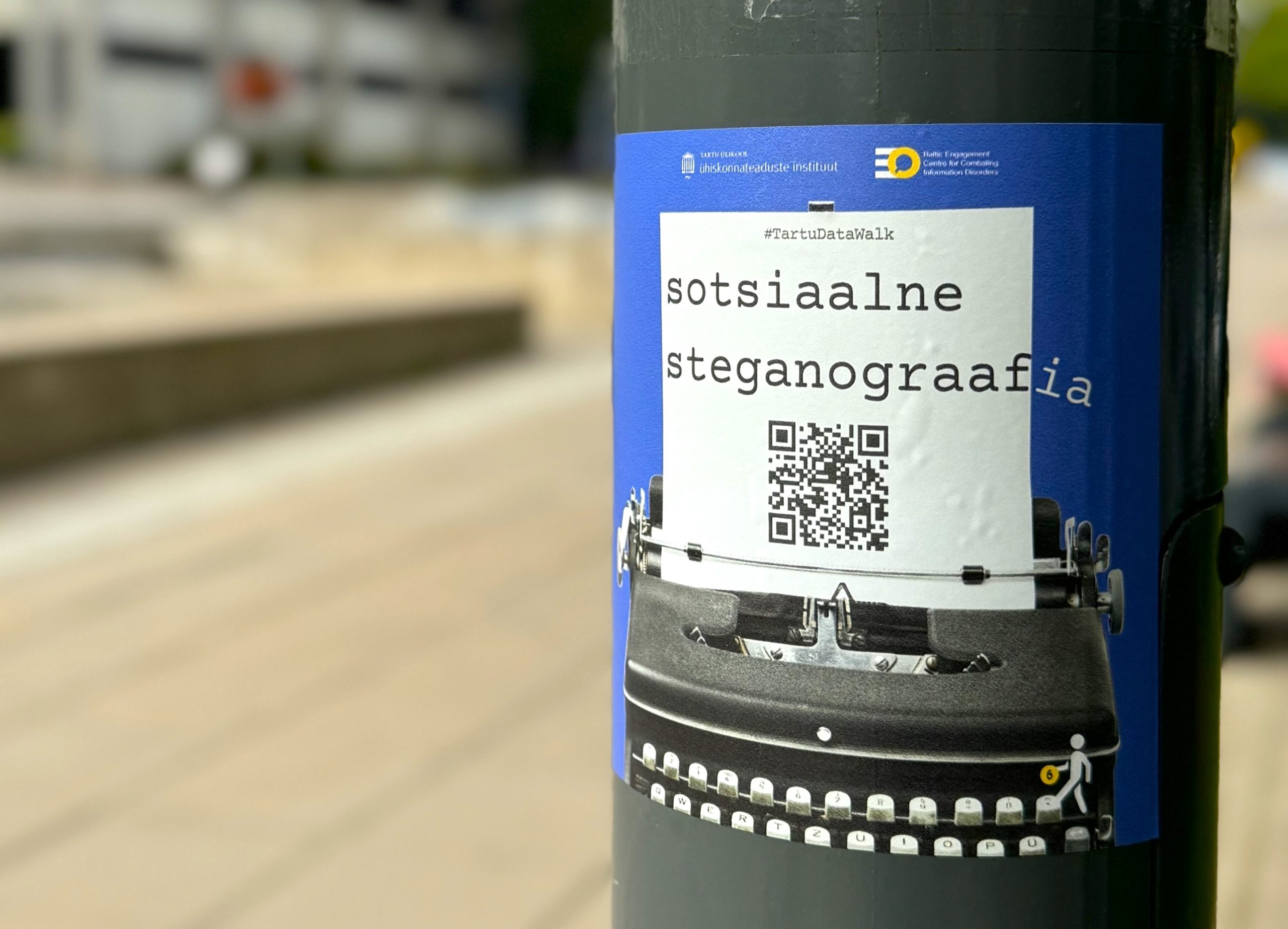
#tartudatawalk
-

Using Pracademic Approaches to Advance Digital Media Literacies
-

Teacher’s resource – scam deconstruction aid materials
-

Analysing the content of content creators in the classroom
-

Teaching Media Literacy Through Podcasting
-
TIPS FOR USERS TO DETECT AI-GENERATED CONTENT
-

Professor Peter Gross speech
-

National Repositories on Media Literacy: EDMO Resource
Training courses
Materials for higher education
- Higher Education Course: Week 1 Edited 4 Jun
- Higher Education Course: Introduction and Overview Edited 5 Jun
Useful materials
-
Webinar “How are boys radicalized on social media?”
-
Addressing misogyny and gender roles with young people
-
Empower Educators
-
Unlock the DIGIRES Handbook: A Creative Guide to Mastering Media & Information Literacy
-
EDMO Guidelines for Effective Media Literacy Initiatives
-

#tartudatawalk
-

National Repositories on Media Literacy: EDMO Resource
-
Insights from Estonia’s Digimentor Project and Strategies for Advancing Media Literacy among Seniors
-

Using Pracademic Approaches to Advance Digital Media Literacies
-
TIPS FOR USERS TO DETECT AI-GENERATED CONTENT
-

Professor Peter Gross speech
-
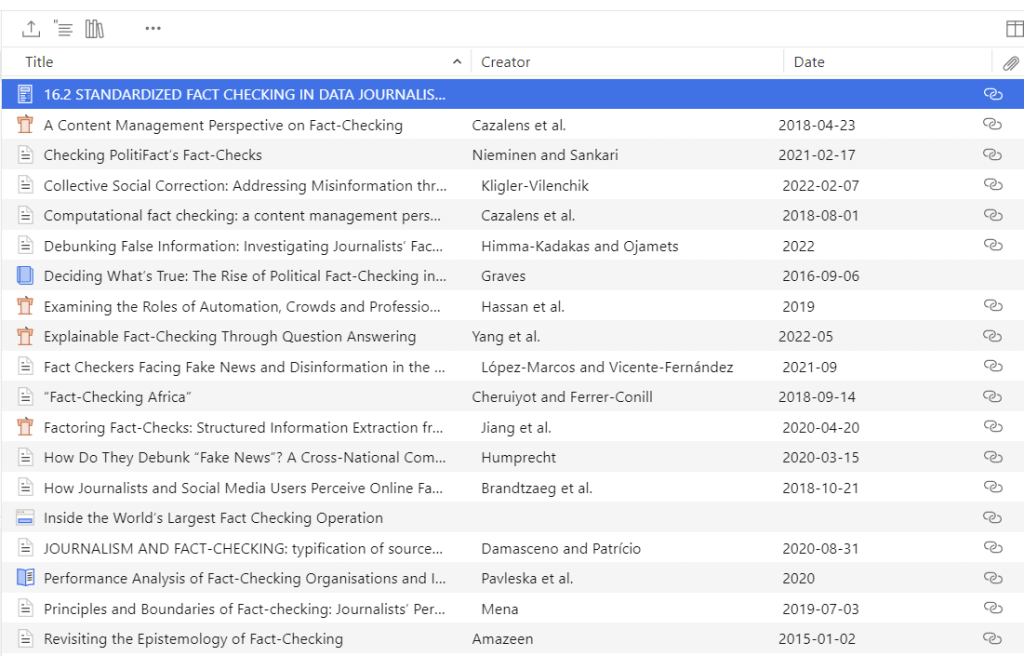
What works and what doesn’t in fact-checking?
Training courses
Materials for seniors
- 8 STEPS: HOW TO DIGITALIZE A GRANDPARENT Edited 24 Sep
Media Literacy Team
-

Inger Klesment
University of Tartu
-

Gretel Juhansoo
University of Tartu
-

Maria Murumaa-Mengel
University of Tartu
-

Gunta Sloga
Baltic Centre for Media Excellence
-

Auksė Balčytienė
Vytautas Magnus University
-

Kristina Juraitė
Vytautas Magnus University
-

Kristina Berksun
Vytautas Magnus University
-

Lāsma Antoneviča
Baltic Centre for Media Excellence
